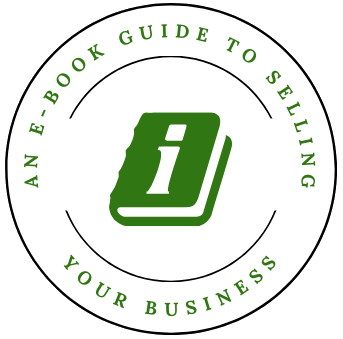Knowing your net worth and understanding how it is changing over time is one of the most important financial concepts that everyone needs to understand. This number is used by banks, mortgage companies, insurance companies and you! Your net worth impacts your credit score, which in turn impacts your interest rates and things as mundane as the amount you pay for auto insurance.

Net worth
is the result of taking all the things you own (assets) minus what you owe others (debts and liabilities)..
Assets
include cash, bank account balances, investments, your home, vehicles or anything else that you could sell today for cash. Assets also include any businesses or business interests you own.
Liabilities
are what you owe others, such as a mortgage or car loan, and any other debt, like credit card or student loan debt.
Yes, everyone. Even a 6-year-old with money in their piggy bank has a net worth. If your child is saving up for a bike, they will convert one asset (cash) into another asset (their new bike)!
Step One
Reconcile your bank accounts and loans. Try doing this every month, as these are the easiest parts of your net worth to track and calculate.
Step Two
Calculate the value of all your remaining assets. For some of your assets, such as stocks, you can go online and find the current value of the stocks you own. For other assets, you'll have to estimate what you could sell that asset for today.
Step Three
Add up all your asset values, then subtract all your debts. What you're left with is your net worth (and yes, your number could be negative)!
Knowing this value contributes to the big picture of your financial circumstances. Here's why it's beneficial to know your worth:
You want to apply for student loans.
Reconcile your bank accounts and loans. Try doing this every month, as these are the easiest parts of your net worth to track and calculate.
You want to get insurance.
Calculate the value of all your remaining assets. For some of your assets, such as stocks, you can go online and find the current value of the stocks you own. For other assets, you'll have to estimate what you could sell that asset for today.
You want to diversify your investments.
Add up all your asset values, then subtract all your debts. What you're left with is your net worth (and yes, your number could be negative)!
You want to buy a home.
Banks want to see that you have plenty of cash when compared to your debts. If you have too much debt, you may need to either pay down the debt or increase your down payment.
Article from CK Books & Billing. This article has been reprinted with permission from CK Books & Billing
The ultimate starting point is to find out where your business sits in the market. We've put together a handy Market Range Estimate™ calculator, that will give you a starting point so you can prepare to increase the value for the ultimate day of selling your business.
Get your free MRE™ now! Market Range Estimate™

